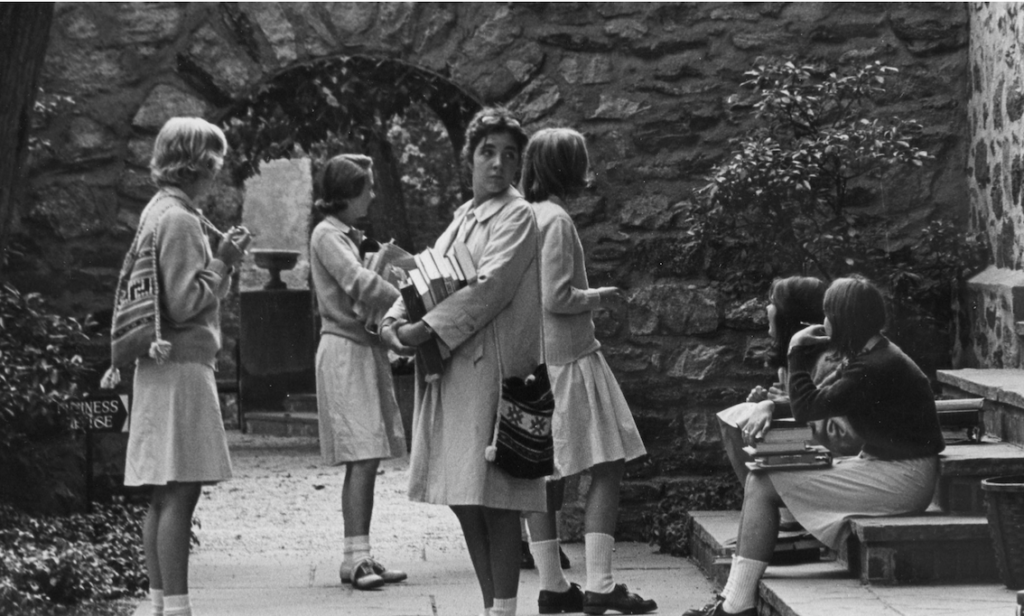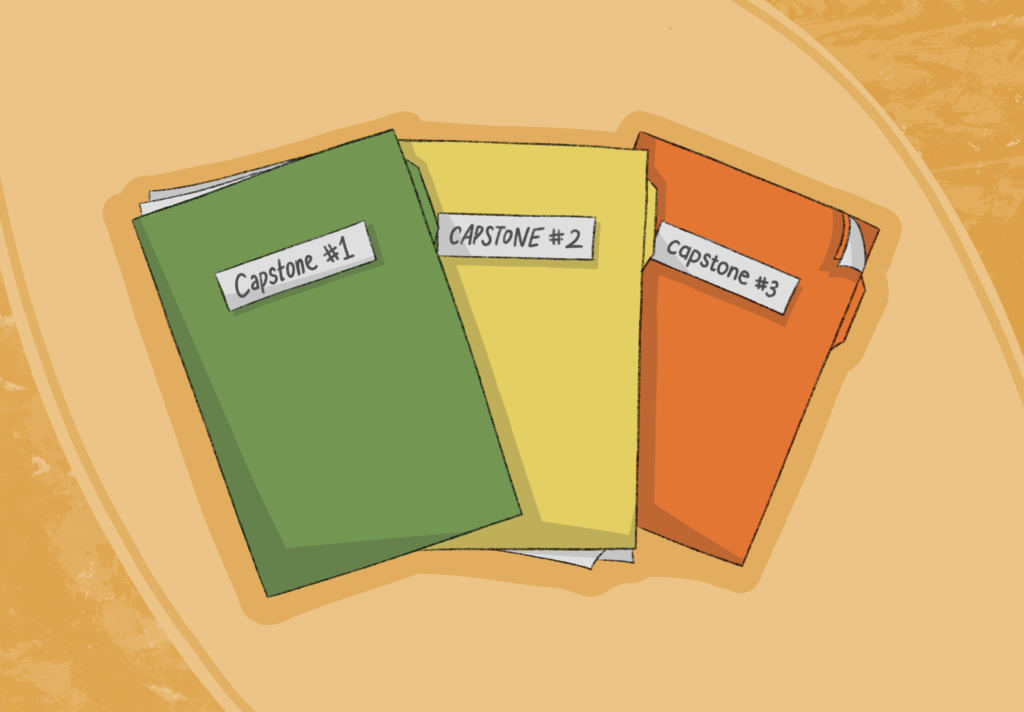
Have you ever wondered what Choate was like 10, 50, or 100 years ago? This spring, Ms. Ellen Devine’s freshman English class is incorporating the Choate archives, movies set at boarding schools, and contemporary novels to study the history of Choate and college-preparatory schools in general.
Ms. Devine, who is the English department head, said, “We tend to associate schools like Choate with great opportunities and a great education [but] it is not an ahistorical experience. This school has not always looked the way it looks now, and it has not always admitted all the people that it admits now.”
By teaching this unit on the history, purpose, and evolution of boarding schools, Ms. Devine hopes to showcase both the common perception of the prep-school experience, as well as the modern, more diverse yet imperfect experience.
In the fall term, she started on a path that led to this unit by having students connect the journey of Odysseus in The Odyssey — the ancient Greek epic poem that every Choate freshman reads — to their own journeys to Choate. “In many ways, The Odyssey is a story about journeying home, but that story couldn’t have existed without Odysseus leaving home and then trying to come back,” she said.
With this lesson of traveling away from home in mind, students advanced to the spring term of their English class, examining, according to Ms. Devine, “dominant narratives about boarding school and prep school and then disrupting those dominant narratives by looking at alternative or marginalized narratives.”
This expedition into the past started by exploring the stereotypical narrative of the “elitist, male, prep school in New England.” A key resource Ms. Devine used to investigate this image was the 1989 film Dead Poets Society, which is set at a fictional all-boys boarding school in the 1950s. In addition, her class read short stories such as “Smokers,” by Tobias Wolff, which takes place at Choate, and “The Lie,” by Kurt Vonnegut, which is set at a fictional boarding school.
After getting a picture of the “traditional” New England boarding-school experience, students dove into “marginalized narratives” through the novel Piecing Me Together, by Renee Watson, which according to Ms. Devine, “is about a young woman who comes from a less socio-economically advanced family, who also identifies as Black and is in a predominately white, wealthy, elitist institution.”
To supplement their survey of boarding-school experiences, Ms. Devine’s students will also have the chance to examine the Choate archives. Ivie Ojior ’24, a student in Ms. Devine’s class, said, “I’m very excited. We are going to look at the old uniforms from Rosemary Hall, the different newspapers, and yearbooks.”
The class materials made Brandon Ma ’24 realize how far boarding schools have progressed. “I knew private and boarding schools from the past were strict,” Ma said, though he learned that “it was scary how much they tried to shape [students] into a mold they didn’t want to be in.”
Victoria Layden ’24 is looking forward to using the archives to learn more about girls’ boarding schools of the past, including Rosemary Hall, “to see how different [boarding schools] were back then and what prompted them to unify the two schools.” She said, “I think it’s totally important to learn about the history of the school you’re going to.”
That’s just the sentiment Ms. Devine hopes her students get out of this unit. As freshmen begin to make Choate their second home, she said, they gain “a deeper understanding of what this home is built on.”




